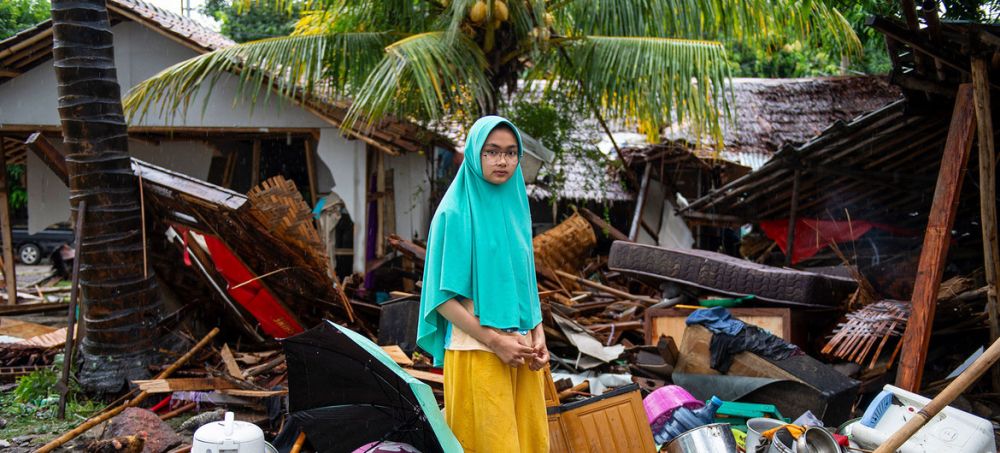Water Disaster to Affect 50 Percent of World’s Population By 2030
By an UN estimate, water disasters will be affecting half of the world's population as a result of rising sea levels amid climate change
Water disasters have been a foe of life on the land and they have been on the rise for a few decades, hitting more frequently and intensely. In an estimate by the UN, water disasters will affect around 50 percent of the world’s population living in coastal areas, making them prone to severe floods, storms and tsunamis.
Owing to the alarming climate threats, the United Nations selected “enhancing international cooperation for developing countries” as their theme for the World Tsunami Awareness Day 2021.
Tsunamis are the single most deadly of all sudden onset natural hazards. The @UNESCO-IOC Tsunami Ready Programme aims to make 100% of tsunami-prone areas tsunami-ready and resilient by 2030.#OnlyTogether #TsunamiDay pic.twitter.com/uakzphdDXM
— UNDRR (@UNDRR) October 27, 2021
UN Secretary-General Antonio Guterres said;
Rising sea levels caused by the climate emergency will further exacerbate the destructive power of tsunamis. We must limit warming to 1.5 degrees over pre-industrial averages and invest at scale in the resilience of coastal communities…We can build on progress achieved – ranging from better outreach to tsunami-exposed communities around the world, to the inclusion of a Tsunami Programme in the UN Decade of Ocean Science for Sustainable Development.
From the past hundred years, around 58 tsunamis have claimed approximately 260,000 lives or an average of 4,600 per disaster, which is more than any other natural disaster. The Indian Ocean tsunami of the year 2004 claimed about 227,000 lives across 14 countries including Indonesia, Sri Lanka, India and Thailand.

Image: Arimacs Wilander/UNICEF
A ten-year Hyogo Framework, a global blueprint for disaster risk reduction efforts during the next decade, was adopted in an international community meeting held in Kobe, Japan, which was the first comprehensive global agreement on disaster risk reduction. An Indian Ocean Tsunami Warning and Mitigation System was also created to monitor the sea levels from time to time.
In the year 2014, the world applied the Sendai Framework for Disaster Risk Reduction 2015-2030, drawing seven clear targets and four priorities in order to avert and decrease disaster threats.
Via: UN News


